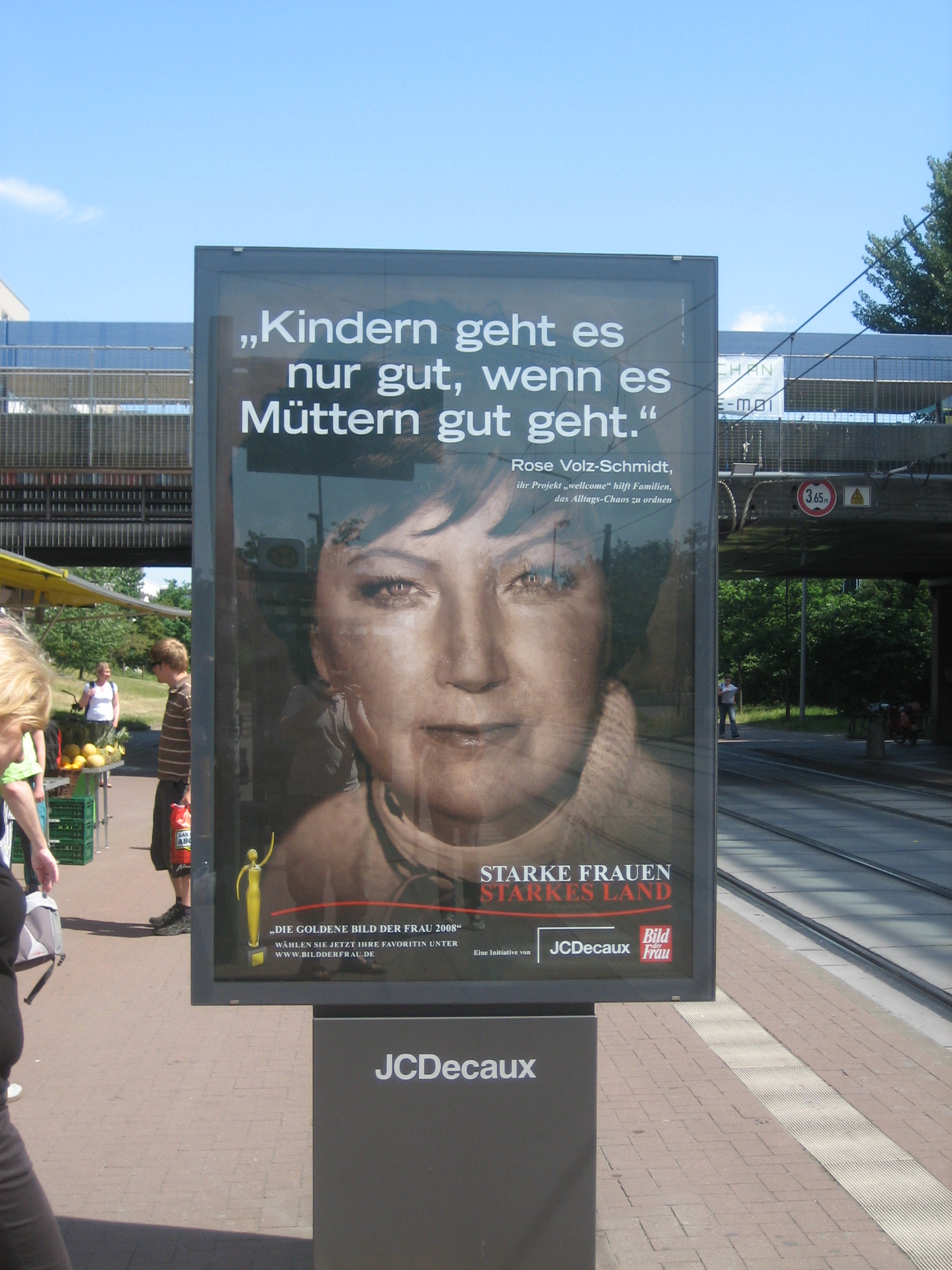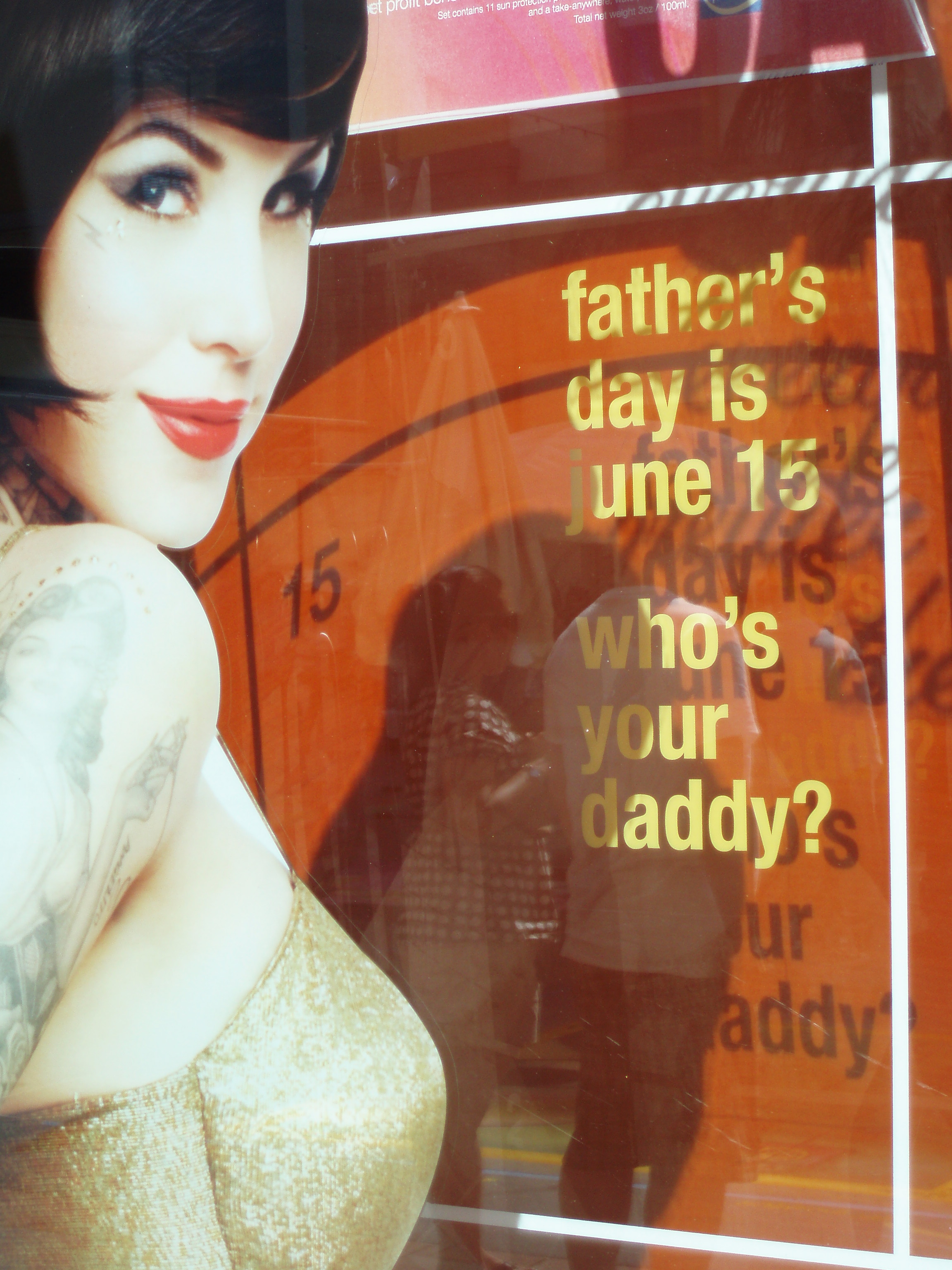In this video, Campbell Brown analyzesGov. Ed Rendell’s comments, overheard due to standing too close to an open mic, that Janet Napolitano is perfect for secretary of Homeland Security because she has no family (you can also see the video here if the CNN site doesn’t play correctly).
In fact, the wage gap between men and women is made up, almost entirely, by the comparison between men (fathers or not) and mothers. Women without children make significantly more money than mothers. Conversely, fathers make slightly more than men without children.
Women without children do pretty well at work in the U.S. Of course, about 90% of adult women are mothers.
Lisa Wade, PhD is an Associate Professor at Tulane University. She is the author of American Hookup, a book about college sexual culture; a textbook about gender; and a forthcoming introductory text: Terrible Magnificent Sociology. You can follow her on Twitter and Instagram.



